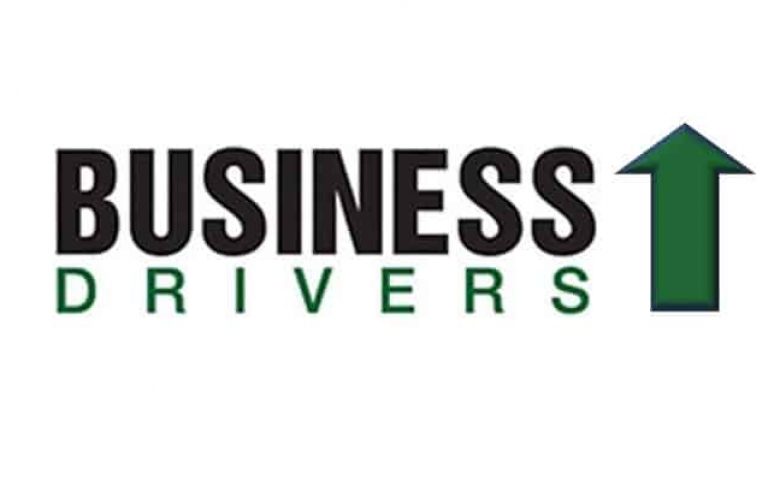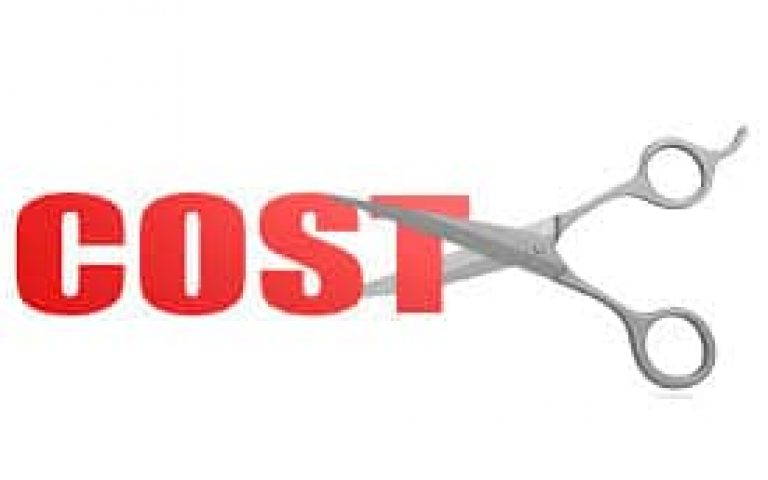For many small business owners, managing the books often takes a backseat to managing customers, staff, and day-to-day operations. It’s easy to view financial statements as something only “big companies” need to worry about. But in reality, clean, accurate, and up-to-date financial statements are essential for businesses of all sizes – especially the smallest.
Whether you’re running a solo operation, a side hustle, or a brick-and-mortar business with a handful of employees, your financial statements are not just accounting tools. They are the lifeblood of sound decision-making, strategic planning, and long-term sustainability. Clean books help you see what’s really happening under the hood of your business – where the money is going, what’s working, and what isn’t.
One of the most immediate benefits of clean financial statements is clarity. As a business owner, you need to understand if your business is profitable, how much cash is available, and where expenses are trending. Without reliable data, you’re essentially flying blind. Making decisions based on intuition instead of numbers can lead to missteps, lost opportunities, and unnecessary stress. Clean financials breed confidence – not just in your own decisions, but in your team, your vendors, and your ability to lead.
When it comes to financing or funding, clean books can be the deciding factor in whether you get the capital you need. Even the smallest business might eventually need a loan, a line of credit, or outside investment. Lenders and investors rely on your financial reports to assess risk and determine if your business is a sound investment. If your statements are disorganized or missing, it sends the message that you’re unprepared or not serious. But when you can present clean, accurate income statements, balance sheets, and cash flow reports, you demonstrate professionalism, reliability, and a clear grasp of your business’s health.
Come tax time, having organized financials saves you time, money, and potential legal headaches. Clean books make it easy to report income accurately, claim deductions with confidence, and minimize your risk of errors or audits. You’ll also reduce the fees your accountant may charge to sort through disorganized data. More importantly, you’ll avoid the panic of last-minute number crunching and enjoy a smoother, more efficient tax season.
Strategic decision-making is another area where clean financials are invaluable. Every business owner faces questions about pricing, hiring, marketing, and operations. Should you raise your prices? Is it time to hire an employee? Should you cut an unprofitable product line? These decisions should be guided by data, not gut feelings. Accurate financial statements allow you to perform simple analysis and model out potential outcomes. They help you identify trends, understand your margins, and make more informed choices.
Clean financials also serve as a safeguard against fraud and mismanagement. Small businesses are particularly vulnerable to internal theft or errors, especially when financial oversight is lacking. By keeping consistent records and performing regular reconciliations, you’re more likely to catch inconsistencies early. Transparency in your finances also promotes accountability within your team and signals that your business takes financial integrity seriously.
Looking further ahead, clean books are crucial if you ever plan to sell your business, bring on a partner, or transfer it to a family member. Buyers and investors want to see a proven track record of profitability, efficiency, and transparency. You can’t create this history retroactively. A history of clean, credible financial statements will make your business more attractive, increase its valuation, and accelerate the due diligence process.
Beyond the practicalities, there’s an emotional benefit to maintaining clean books: peace of mind. Knowing your numbers are accurate helps you sleep better at night. You can make decisions faster, manage cash flow with confidence, and feel a greater sense of control over your financial future. You’re not constantly worried about missed bills, untracked expenses, or hidden liabilities. Instead, you’re focused on growth.
The truth is, it’s never too early to get your financial house in order. Even if you’re just starting out, adopting good bookkeeping habits can save you countless hours and dollars down the road. Whether you do it yourself with simple software or hire a part-time bookkeeper, commit to regular reviews of your financial statements. Learn what your income statement and balance sheet are telling you. Make it a habit to use financial data in your planning and decision-making.
In business, clarity is power. Clean financial statements provide that clarity. They give you the insight, structure, and control needed to grow your business with confidence, attract opportunities, and protect what you’ve built. No matter how small your business is today, treating your finances like a professional operation lays the groundwork for tomorrow’s success.
Clean books are not a luxury – they’re a necessity. And they might just be the most powerful tool in your small business toolkit.
***
TITAN Business Development Group, LLC
business coaching | advisory | exit planning











































































You must be logged in to post a comment.